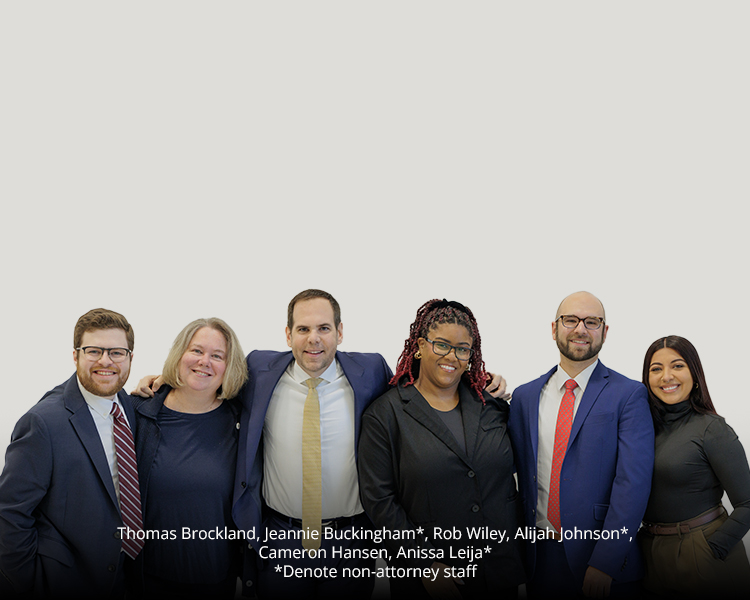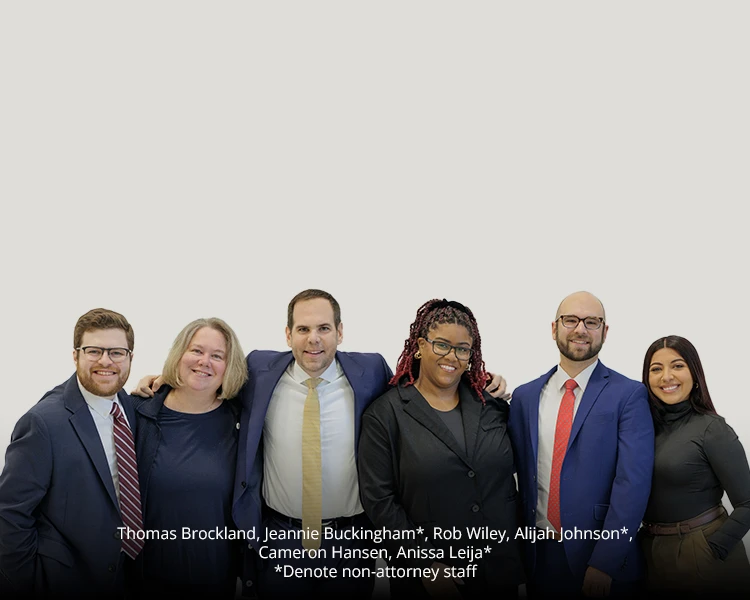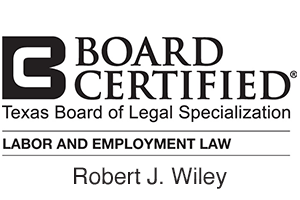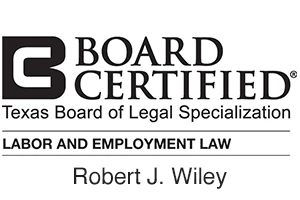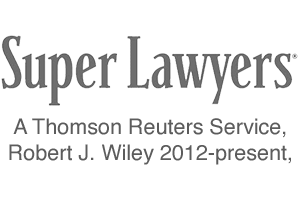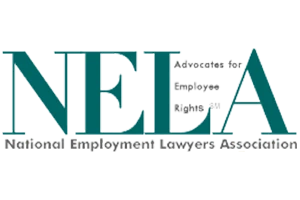in Austin, Texas
Qui Tam (Government Fraud)
Austin Lawyers Representing Whistleblowers
The federal False Claims Act and the Texas False Claims Act allow whistleblowers to file qui tam lawsuits against companies that defraud the federal or state government, respectively. A federal qui tam lawsuit is filed under seal so that the government can investigate without the company knowing about the allegations. However, if the government decides to join a lawsuit, the case is unsealed, and the whistleblower pursues the case alongside the government. Qui tam lawsuits can take years to resolve, and they require handling by experienced whistleblower attorneys. At Austin Employment Lawyers, P.C., our Austin qui tam lawyers may be able to help you pursue cases based on fraud against the government.
Bringing a Qui Tam Claim
The phrase “qui tam” is a shortened version of the Latin phrase “qui tam pro domino rege quam pro se ipso in hac parte sequitur,” which means “who pursues this action on our Lord the King’s behalf as well as his own.” Qui tam actions date back to medieval Britain. Originally, these actions provided a way for private parties to put their common law disputes before the royal courts, which generally only had jurisdiction over matters affecting the king’s interests. Then, when British colonists came to America, the qui tam action came with them.
Today, you can pursue a qui tam action under the federal or Texas False Claims Act whether or not the government decides to participate. The purpose of this type of litigation is to encourage citizens to report wrongdoing against the government, such as claims that defraud the government.
Claims against the government under federal law include any request or demand of money from the government that is made directly or through an intermediary. This includes any action that has the intention or effect of causing the government to pay money that is not actually owed by law or depriving the government of money that is lawfully due. Liability under the False Claims Act can attach even when the government does not actually pay the claim or suffer any loss.
There are many different types of false claims. Two of the most common are direct false statements that involve intentional misrepresentations to the government and knowingly presenting false or fraudulent claims to the government for payment. An example of the latter would be a doctor who submits a bill to Medicare for procedures that they did not perform. You can also bring a qui tam action based on an employer who is liable under the federal False Claims Act for making reverse false claims, conspiring to commit a violation of other liability provisions, improperly withholding government property, intending to defraud the government by making or delivering false receipts, or knowingly buying public property from an employee of the government or a service member who is not permitted to sell or pledge the property.
In order to establish a false claim under the federal False Claims Act, you will generally need to show that a false or fraudulent claim was made knowingly. While you do not need to prove intention, innocent mistakes are not enough to establish liability. Instead of showing actual knowledge, you can establish the requirement that a false claim was “knowing” by proving reckless disregard and deliberate ignorance. It can be challenging to establish that a claim was made “knowingly,” and this is one reason why it is critical to have the help of an experienced attorney.
Qui tam plaintiffs are often employees or contractors of the defendant companies who have blown the whistle on an employer’s illegal activities. They need to file the complaint under seal and give the government a copy of the complaint, as well as any and all material and information about the complaint in their possession. The government uses the information that you provide as a qui tam plaintiff to investigate and decide whether to intervene. It has 60 days to make this decision once it receives the complaint, but this time may be extended. During this period, the defendant business is not served or made formally aware that you have filed a complaint.
Under the False Claims Act, an award of actual damages and civil penalties can be made to ensure that the government is made whole for any losses caused by the defrauding acts. However, the amount of damages varies based on which type of fraud is being alleged. A whistleblower bringing a lawsuit on behalf of the federal government can receive 25%- 30% of the judgment or settlement if the government does not intervene and up to 25% if the government does intervene. A court can reduce this amount if it finds that you planned or initiated the violation at issue in the qui tam proceeding or if you are convicted of criminal conduct related to your role in the violation.
Consult a Skillful Qui Tam Lawyer in the Austin Region
If you are considering bringing a qui tam action as a whistleblower, you should consult and retain an attorney beforehand. We can help ensure that you bring your action correctly, and we may be able to help protect you against retaliation. The Austin qui tam attorneys at Austin Employment Lawyers, P.C. represent employees in Austin, Georgetown, Round Rock, Cedar Park, Pflugerville, Leander, Del Valle, Kyle, San Marcos, San Antonio, New Braunfels, and Fredericksburg, among other cities. Call us at (512) 271-5527 or use our online form to set up an appointment. We are also available if you need a workplace safety lawyer to report violations to OSHA.


